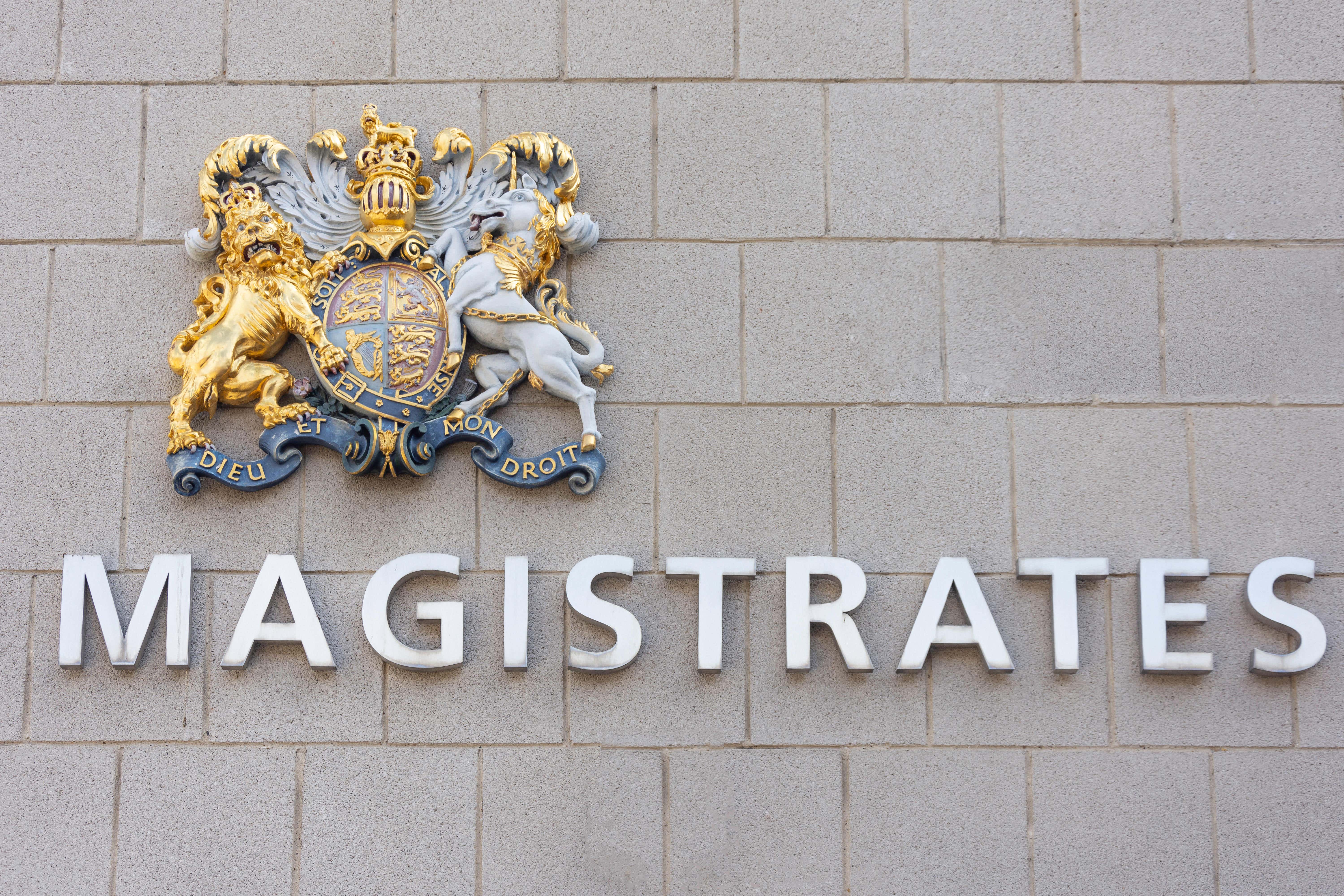How would overnight courts handling influx of riot cases work?
Justice minister Heidi Alexander suggested courts could begin sitting ‘through the evening, the night, at weekends’.

Your support helps us to tell the story
From reproductive rights to climate change to Big Tech, The Independent is on the ground when the story is developing. Whether it's investigating the financials of Elon Musk's pro-Trump PAC or producing our latest documentary, 'The A Word', which shines a light on the American women fighting for reproductive rights, we know how important it is to parse out the facts from the messaging.
At such a critical moment in US history, we need reporters on the ground. Your donation allows us to keep sending journalists to speak to both sides of the story.
The Independent is trusted by Americans across the entire political spectrum. And unlike many other quality news outlets, we choose not to lock Americans out of our reporting and analysis with paywalls. We believe quality journalism should be available to everyone, paid for by those who can afford it.
Your support makes all the difference.The influx of court cases in the wake of widespread violence and disorder could test the criminal justice system to the “hilt”, a barrister warned.
Justice minister Heidi Alexander suggested courts “could possibly” begin sitting “through the evening, the night, at weekends” in order to swiftly prosecute those accused over riots.
The additional courts protocol, which was created in the aftermath of the 2011 riots, could be invoked in areas where police and prosecuting chiefs feel it is needed, she told LBC, adding that the courts are now “willing to consider any of those requests”.
But lawyers and reporters with knowledge of how the courts operated overnight in 2011 have questioned whether this measure is necessary yet as they highlighted differences in how the criminal justice system is operating now compared with 13 years ago.
The criminal justice system is going to be tested to the hilt over the next few months
They suggested the number of charges may need to grow substantially before overnight sittings are needed, with courts currently able to absorb the extra cases as part of their daily lists.
How the measure could work in practice is another matter to consider, if diminished staffing numbers mean opening for longer may not be possible.
Sailesh Mehta, a barrister at law firm Red Lion Chambers, said the situation was a “major test” of the criminal justice system and the new government.
He told the PA news agency: “The criminal justice system is going to be tested to the hilt over the next few months.
“The difference between now and in 2011 is that at the moment, it’s a relatively small number of people that have been arrested (around 400 as of Tuesday).
“In 2011 I think the figure was closer to 4,000 and so of course, to deal with that number of a large group of people in different parts of the country, the court system had to really organise itself otherwise the delay would have taken months and months to sort out.”
In the overnight courts at that time, judges were just “ploughing through” the cases, aided by willing lawyers, he said, adding: “It was a very effective conveyor belt that rattled through this huge number of people who would have been initially in custody and brought into the court system, and it was mainly the magistrates’ courts that dealt the bulk of these cases.”
Because of the smaller numbers involved now, “in principle”, the system should be able to cope better, he said. But he also warned that the large overall backlog of court cases currently waiting to be dealt with, far bigger now than in 2011, was another factor to consider.
“That will put an extra strain on a system that’s already creaking.
“So it may be that the trigger for night courts, or longer sitting hours and more specialised judges, will be hit at an earlier stage, even though the number of people arrested remains relatively small because the backlog is so great.”
The “knock-on effect”, he added, would then be on prisons having to find space to hold the additional inmates.
Reporters who covered cases at overnight courts in 2011 recalled how defendants were dealt with briskly as district judges raced through the lists.
“I’ve never seen the courts function so quickly, it was almost like they were making Guinness Book of Record attempts to see how many cases they could dispose of within an hour”, one source told PA.
Many cases in the wake of the 2011 riots and looting tended to be dealt with at magistrates’ courts because they involved lower level charges such as theft and trespassing.
Some court press recall staffing opened at around 10pm, with hearings in one or two courtrooms in a handful of locations in front of district judges dealing with cases until gone midnight. There were also extended Saturday sittings.
Reporters described a frenzied atmosphere of activity in the courtrooms as they recall the hearings being very swift, with most people held on remand rather than being released on bail.
The measures were only needed for a short space of time and were put in place specifically to process the bottle neck of charges all coming to court at once as a result of the unrest.
Justice Secretary Shabana Mahmood said on Monday that those involved in “far-right thuggery” would “face the full force” of the justice system, adding that “the police, courts and prisons stand ready”.